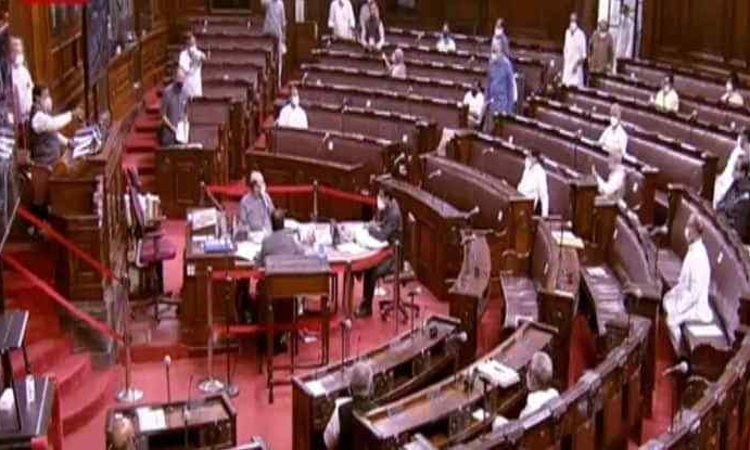Private Bill To Amend Constitution Preamble : Rajya Sabha Reserves Ruling On Introduction
Sneha Rao
4 Dec 2021 11:05 AM IST

Next Story
4 Dec 2021 11:05 AM IST
Can a Private Member's Bill seeking to amend the Preamble to the Constitution be introduced in Parliament without the prior assent of the President? The question came up for the consideration of the Deputy Chairperson of the Rajya Sabha Harivansh Narayan Singh who "reserved" his judgement on the introduction of a Private Member's Bill by BJP MP K.J.Alphons seeking to amend the Preamble to...
